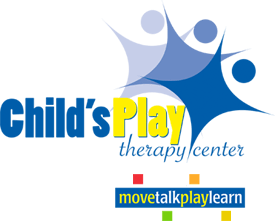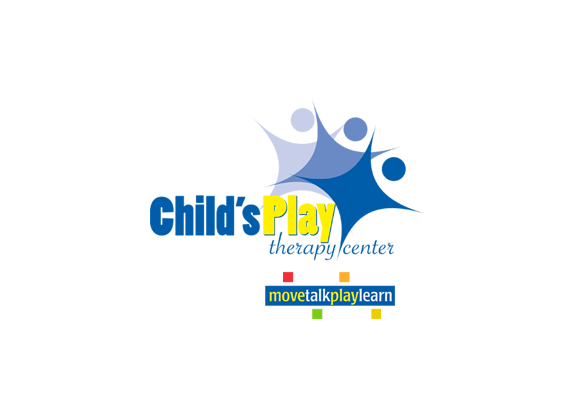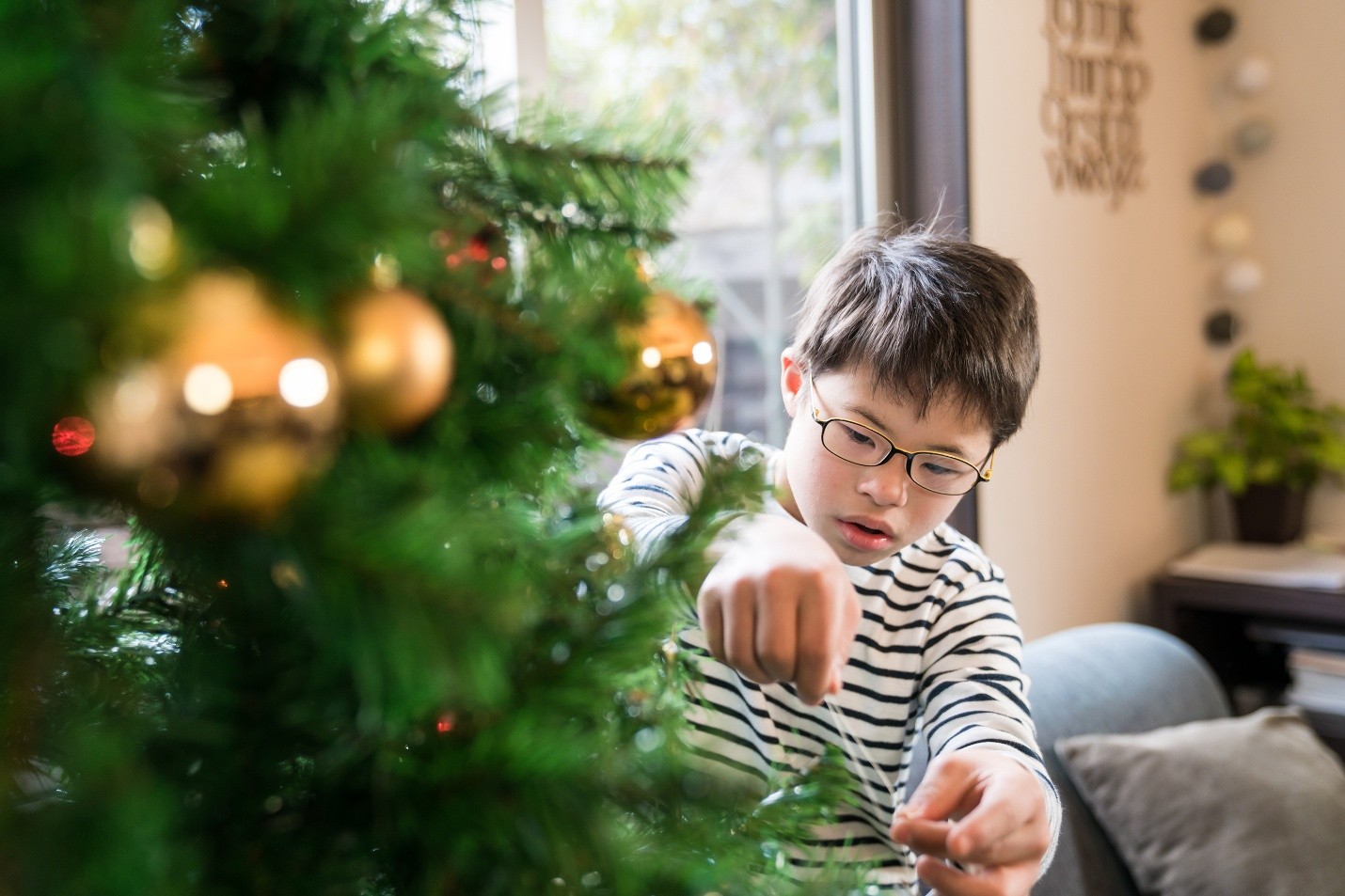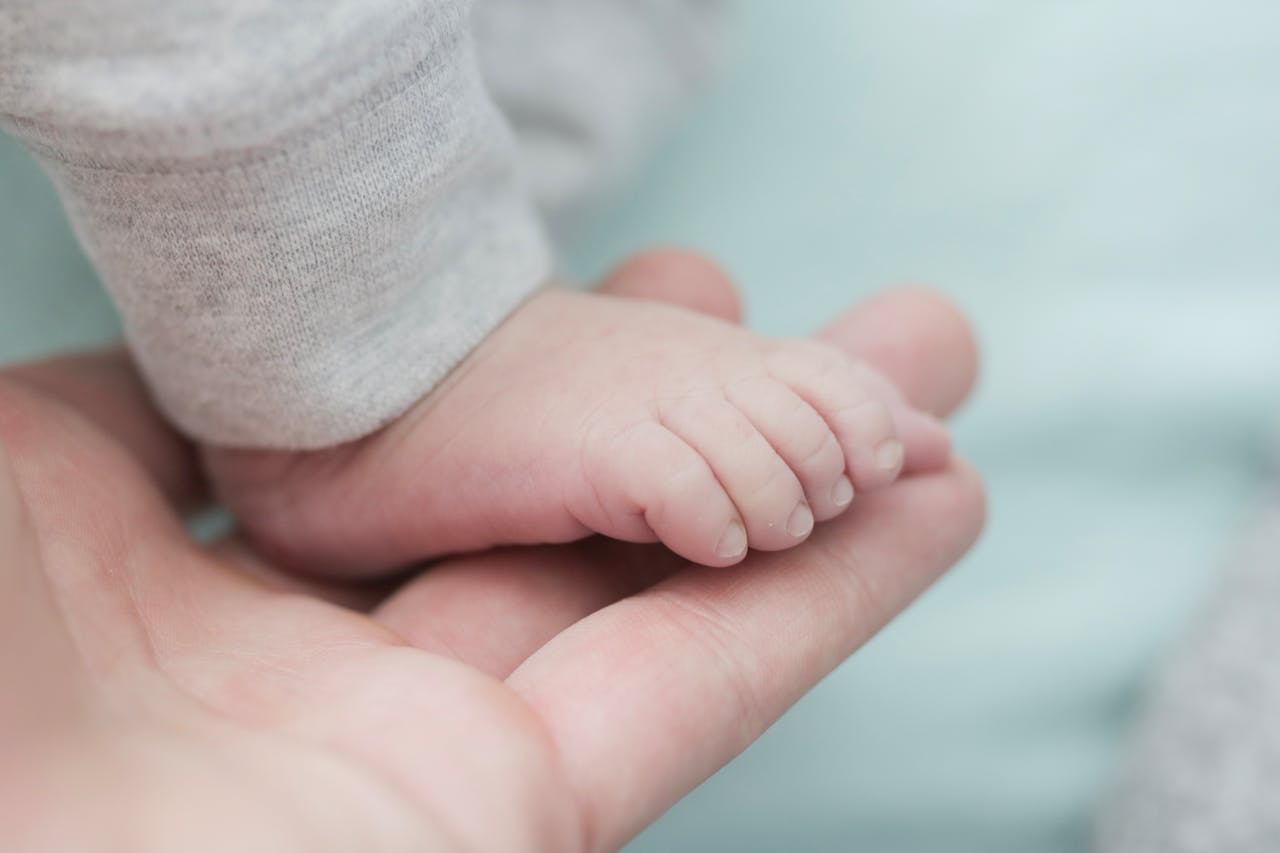Written by Anna Woodfin, Speech-Language Pathologist
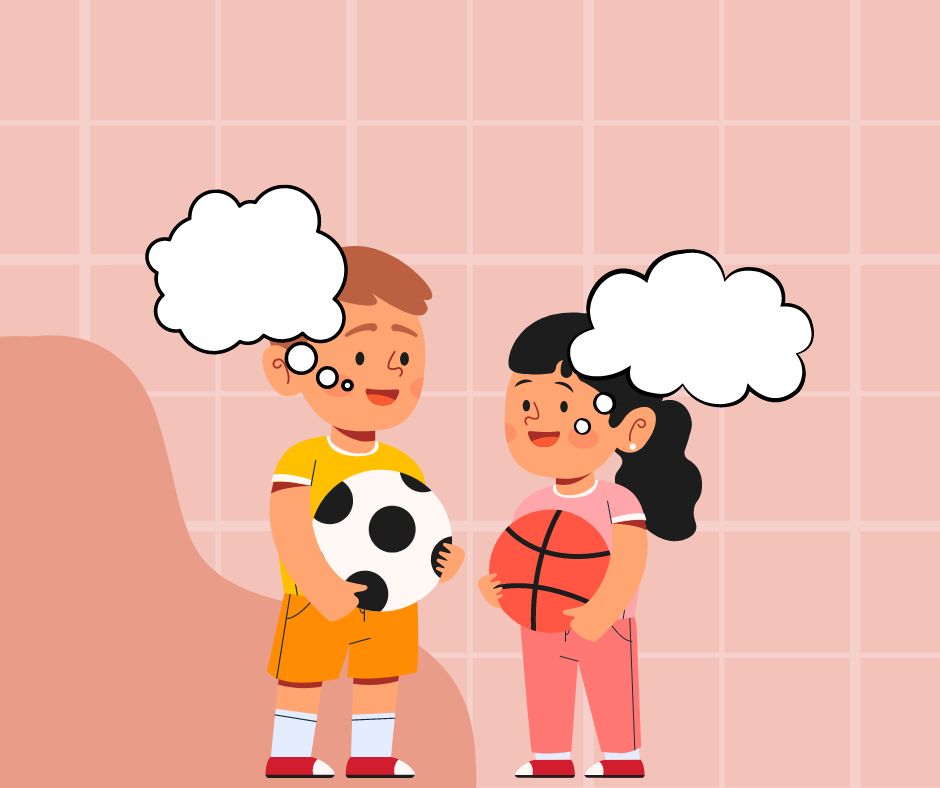
Did you know that there are different types of language development? As an SLP working with younger children who are not talking or talking very little, this is something that I regularly think through about my clients.
One type of language development or processing is called “Analytic Language Processing.” This is the type of language development that most of us think of when we are working with a young child who is not talking or talking very little. This type of language development starts with using single words first, then those single words become 2+ word combinations, and then those 2+ word combinations become phrases and sentences, which then lead to conversations! We can support this type of language processor by modeling or saying out-loud single words (ex: “ball”), and then we can gradually build upon the amount and variety of words with natural language modeling (ex: “red ball”/“big red ball”/“a big red ball”).
Another type of language development is called “Gestalt Language Processing.” This type of language development starts with using “chunks” of words or phrases directly heard from other communication partners or the environment, which over time, as language develops, the child eventually uses in their own language in conversations!
Both of these types of language development benefit from different types of support from you as a communication partner. If you are wondering whether your child is actually a Gestalt Language Processor, here are some characteristics you may hear:
• Your child may be using longer strings of words or phrases that may be more difficult to understand at first. These phrases may be verbatim or said in the exact same way as other communication partners, or they may be from favorite songs or videos.
• Your child may use a highly melodic or “sing-song” type of tone or pitch while talking.
• Your child may be drawn to sounds or music and seems to more easily pick up words or language that are spoken with increased melody or are in songs.
• Your child may label or use lots of single words but seem unable to combine those single words with other words.
If you suspect that your child might be a Gestalt Language Processor, you can best support their language development by repeating back the words or phrases that they already say on their own, while asking yourself, “What is my child really trying to communicate?” as rarely these chunks of language or phrases are literal. We can next try modeling or saying language out-loud that may be what your child is actually trying to communicate in the moment (ex: “I’m hungry!”/“Let’s go!”/“I need help!”).
No matter what type of language learner your child is, if your child is developing language at a delayed rate, a speech-language pathologist can help your child grow in their language skills!
